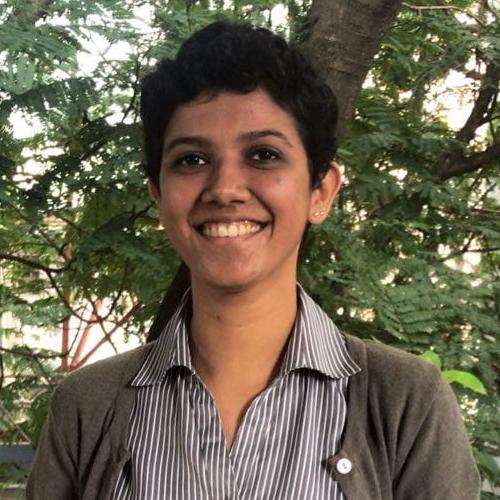On 21 December 2018, CLPR released its policy brief ‘Making Rights Real: Implementing Reservations for Transgender and Intersex Persons’ at the Bangalore International Centre. The policy brief was released by Hon’ble Mr. Justice L Narayana Swamy of the Karnataka High Court. Jayna Kothari, Senior Advocate and Executive Director of CLPR presented the key recommendations of the policy brief, which was followed by a panel discussion by Grace Banu, Founder of Trans Rights Now Collective and Dr. Anup Surendranath, Assistant Professor Law at NLU-Delhi.
The policy brief may be accessed under the Resources tab.
The objective behind drafting this policy brief was to propose a functional and sustainable solution for the livelihood issues faced by transgender and intersex persons. Since the decision of NALSA v. Union of India & Ors. in 2014 where the Supreme Court directed that transgender persons should be treated as a socially and educationally backward class for the purpose of reservations in educational institutions and public employment, reservations have not materialised. For instance, even the recent Transgender Persons (Protection of Rights) Bill, 2018 passed by the Lok Sabha does not address the question of reservations for transgender and intersex persons.
CLPR’s policy brief recognises that reservations are critical in addressing the livelihood concerns of the transgender and intersex community and proposes the manner of implementation of such reservations. In suggesting a framework for providing reservations, the policy brief stays true to the principle of self-identification of gender identity, traces the legal and constitutional framework on reservations in India, and considers legislative, executive and judicial efforts at providing reservations of transgender and intersex persons so far.
The policy brief makes the following four detailed recommendations:
- A single comprehensive legislation must be enacted, which responds to the livelihood concerns of the transgender and intersex communities and which specifies the quota for reservation, based on a nation-wide empirical exercise.
- The statute should clearly define ‘transgender’ and ‘intersex’ persons and must lay down a process for self-identification of gender identity, unencumbered by medical diagnosis, and any physical or mental health assessment.
- Identification cards for transgender and intersex persons should be issued by State Transgender Welfare Boards, with at least 50% representation from the transgender and intersex community. These Boards must also conduct periodic studies and surveys on the impact of reservations on the transgender and intersex communities.
- Reservations in educational institutions and public employment should be horizontal and compartmentalised, such that it is sensitive to the intersectional experience of discrimination based on gender identity and caste.
This brief was prepared based on consultations held with various stakeholders. The details of the discussion may be accessed here.
– This post was authored by Deekshitha Ganesan, Research Associate

